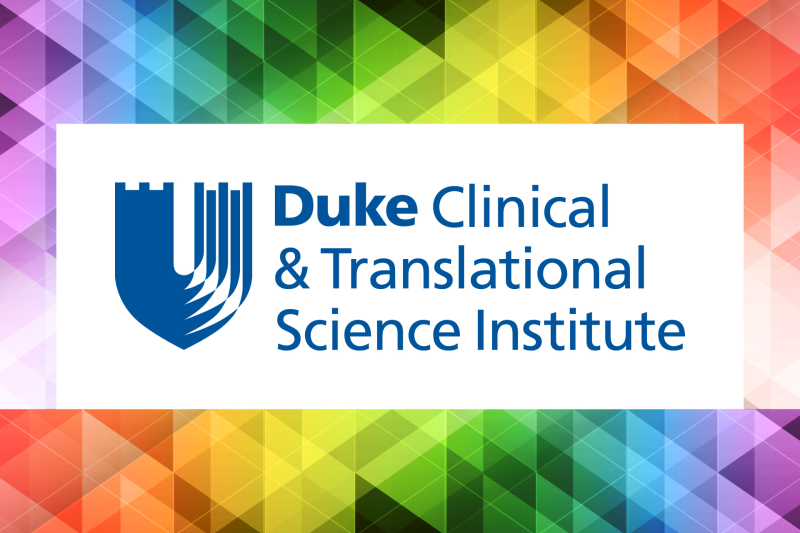
Duke School of Medicine is a recipient of a $550,000 institutional grant funded by the American Heart Association through the COVID-19 Fund to Retain Clinical Scientists (FRCS) collaborative. The CTSI’s Office of Physician-Scientist Development (OPSD), along with the SoM Office for Faculty, will administer the fund.
Duke is among 22 medical schools advancing equity in biomedicine with funding through the COVID-19 FRCS. With this funding, supportive programs will provide eligible faculty who are experiencing periods of caregiving crisis supplemental support for their research. This will enable Duke to advance equity in biomedicine, particularly for women and people of color who often bear disproportionate caregiving demands—including those exacerbated by the pandemic.
Rasheed Gbadegesin, MD, and Ann Brown, MD, are the Director and Co-Director, respectively, of Duke’s COVID-19 FRCS, which leverages and extends the longstanding investment by Doris Duke Charitable Foundation (DDCF) in its original FRCS program to recognize the unique burden of the COVID-19 pandemic in compounding caregiving responsibilities among early-career biomedical researchers.
Duke has held a DDCF-funded FRCS grant since 2016 and has provided funded scholars means to accelerate data collection, propel grant applications, and drive publications to completion earlier than otherwise feasible. The fund has also served as a key motivator for cultural change at the institutional level to ensure a greater commitment to inclusion of caregiving faculty.
Since 2016, Duke has built a foundation of enhanced focus on supporting early-career physician-scientists by normalizing recognition of the dual demands of launching a research-intensive career with caring for children or other family members. Institutional policies (e.g. flexible work arrangements, an expanded parental leave policy, and a tenure clock relief program) are now widely available and reflect the change empowered by the original FRCS mission.
The COVID-19 FRCS will announce a call for applications in early 2022.